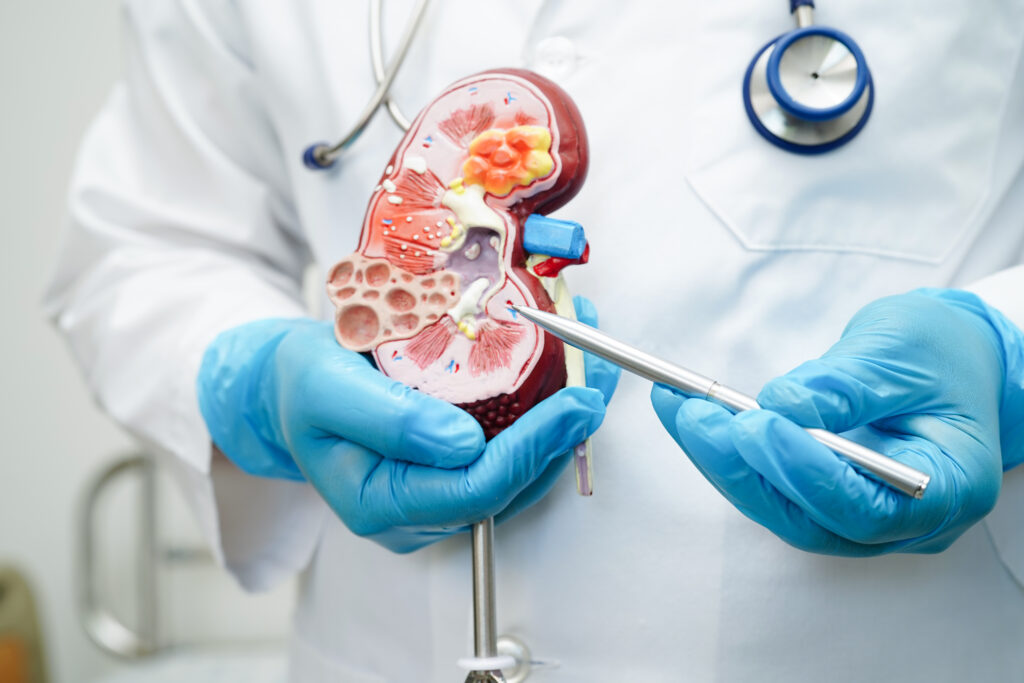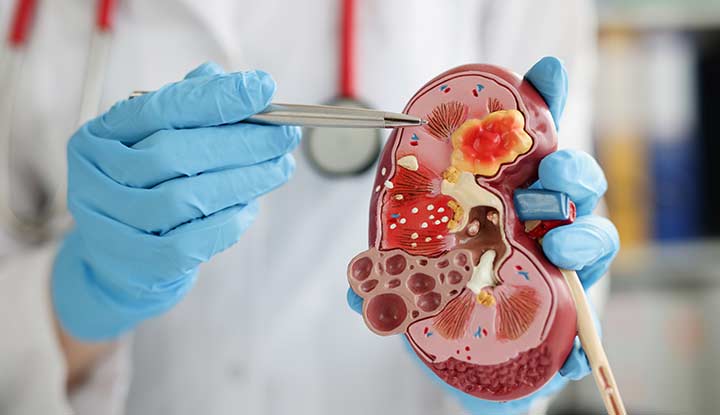The kidneys are essential organs responsible for filtering waste, balancing fluids, and regulating electrolytes in the body. When the kidneys are unable to perform these vital functions due to chronic disease or acute injury, a life-sustaining intervention becomes necessary. Kidney dialysis is a specialized medical procedure designed to replicate the filtration capabilities of healthy kidneys, helping maintain the body’s chemical and fluid balance.
This technology provides a critical bridge for individuals with impaired kidney function, supporting their overall health and quality of life while addressing complications associated with kidney failure.

What is Kidney Dialysis?
Kidney dialysis is a medical treatment that removes waste products, excess fluids, and toxins from the blood when the kidneys cannot perform this function effectively. It serves as a substitute for the natural filtration process, ensuring that the body’s internal environment remains stable.
Dialysis is typically recommended for individuals with advanced chronic kidney disease, acute kidney injury, or those awaiting a kidney transplant. By managing waste accumulation and fluid balance, dialysis helps prevent complications such as high blood pressure, fluid overload, and electrolyte imbalances, which can be life-threatening if left untreated.
Types of Kidney Dialysis
There are two primary types of kidney dialysis: hemodialysis and peritoneal dialysis. Each method achieves the same goal of cleansing the blood but uses different approaches.
Hemodialysis
Hemodialysis involves circulating the patient’s blood through a machine equipped with a specialized filter called a dialyzer. The dialyzer functions as an artificial kidney, removing waste, excess salts, and fluids. Blood is drawn from the body, filtered, and then returned.
This procedure is typically performed in a specialized treatment center several times a week, with each session lasting three to five hours. Hemodialysis requires vascular access, usually achieved through a fistula, graft, or catheter, to allow efficient blood flow between the patient and the dialysis machine.
Peritoneal Dialysis
Peritoneal dialysis uses the lining of the abdominal cavity, known as the peritoneum, as a natural filter. A sterile dialysis solution is introduced into the abdominal cavity via a catheter. The solution absorbs waste products and excess fluids over several hours and is then drained from the body.
This method can be performed at home, offering flexibility and convenience. It is particularly useful for individuals who prefer to manage their treatment independently or those who may have difficulties accessing hemodialysis centers.
How Kidney Dialysis Works
Dialysis functions by creating a controlled environment for waste removal and fluid management. In hemodialysis, the dialyzer contains two compartments separated by a thin membrane. Blood flows through one side, while a dialysis solution flows on the other. This arrangement allows waste products and excess electrolytes to move from the blood into the solution through a process called diffusion.
In peritoneal dialysis, the peritoneal membrane acts as a natural filter. The dialysis solution draws waste products and fluids from the blood vessels lining the abdomen. After a set dwell time, the solution, now containing the filtered waste, is drained and replaced with fresh solution.
Both methods are designed to maintain balance in electrolytes such as potassium, sodium, and calcium while preventing dangerous fluid overload, ensuring the patient’s overall stability.
Benefits of Kidney Dialysis
Kidney dialysis provides multiple benefits for individuals experiencing kidney failure or significant impairment.
Maintains Fluid and Electrolyte Balance
Dialysis helps regulate sodium, potassium, and other electrolytes critical for heart and muscle function, preventing complications like arrhythmias or fluid retention.
Removes Toxins and Waste
Accumulated waste products in the blood can cause nausea, fatigue, confusion, and other serious symptoms. Dialysis effectively removes these toxins, reducing discomfort and improving overall well-being.
Supports Blood Pressure Control
By managing fluid levels, dialysis contributes to the regulation of blood pressure, lowering the risk of complications associated with hypertension.
Improves Quality of Life
Although dialysis is a medical intervention, it allows individuals with kidney failure to continue daily activities, maintain energy levels, and pursue work, family, and recreational activities with greater ease.
Enables Long-Term Kidney Management
For individuals awaiting a kidney transplant or those not eligible for surgery, dialysis serves as a vital long-term solution to sustain life while managing the progression of kidney disease.
Who Requires Kidney Dialysis?
Dialysis is indicated for individuals whose kidneys cannot effectively perform their filtering function. This may include:
- People with end-stage kidney disease, where kidney function is significantly reduced.
- Individuals experiencing acute kidney injury caused by severe infections, dehydration, or toxic exposure.
- Patients with life-threatening electrolyte imbalances or fluid overload not manageable by medication alone.
- Those awaiting kidney transplantation, as dialysis helps sustain life until a suitable donor organ is available.
Specialists determine the timing and type of dialysis based on blood tests, kidney function assessments, and individual health considerations.
The Patient Experience: What to Expect
Dialysis is a safe and carefully monitored procedure, performed under the guidance of a trained healthcare team. The patient experience varies depending on the method chosen.
Hemodialysis Sessions
In-center hemodialysis involves arriving at the treatment facility three times per week. The patient is seated comfortably while blood is accessed via a fistula, graft, or catheter. During the session, vital signs are monitored continuously, and the patient can relax, read, or watch television while the machine performs the filtration process. Each session typically lasts three to five hours.
Peritoneal Dialysis at Home
For peritoneal dialysis, the patient or caregiver performs exchanges at home, often several times daily or overnight using an automated machine. Training is provided to ensure sterile technique, proper solution handling, and safe management of the catheter site. This method allows greater independence and flexibility in daily life.
Ongoing Monitoring and Support
Regardless of the dialysis type, individuals undergo regular blood tests to assess electrolyte levels, hemoglobin, and kidney function. Specialists adjust treatment schedules, fluid removal, and dialysis duration as needed, ensuring optimal outcomes and safety.

Advances in Dialysis Technology
Modern medical technology continues to enhance the safety, efficiency, and effectiveness of kidney dialysis. Innovations include more compact and user-friendly machines, improved dialyzer membranes for better toxin removal, and wearable or portable dialysis devices.
Emerging research focuses on integrating monitoring systems that track vital signs and treatment parameters in real time, allowing specialists to make precise adjustments and personalize therapy for each individual. These advances aim to improve patient comfort, reduce complications, and optimize overall treatment outcomes.
The Broader Impact of Kidney Dialysis
Kidney dialysis is more than a life-sustaining treatment; it represents a vital component of modern healthcare that enables individuals with kidney impairment to maintain a meaningful quality of life. By stabilizing internal chemistry, removing harmful waste, and supporting cardiovascular health, dialysis empowers patients to live active, fulfilling lives while managing a chronic condition.
It also illustrates the intersection of technology and compassionate care. The effectiveness of dialysis depends not only on sophisticated machines but also on the expertise and dedication of the healthcare team overseeing treatment.


